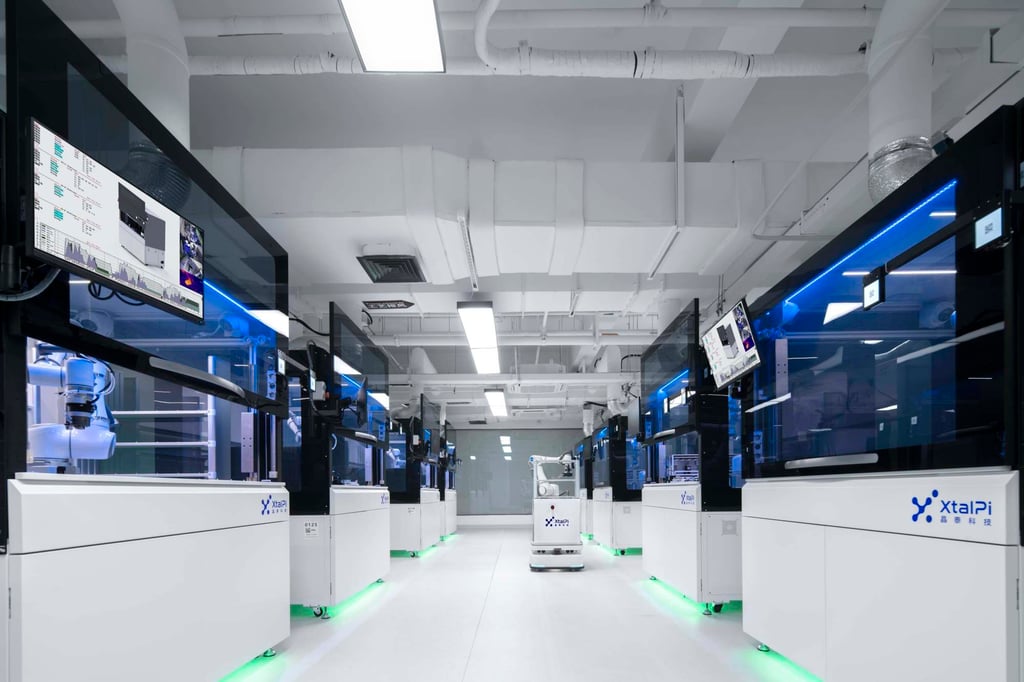Upstart Chinese drug innovators are joining their foreign competitors in deploying more artificial intelligence (AI) tools to reduce the costs of discoveries in an effort to shorten the route to clinical trials and commercialisation.
Genscript Biotech, based in Nanjing in eastern Jiangsu province, is developing in-house AI tools – using its enzyme prediction database and an algorithm for altering the DNA sequence of a gene – to identify and optimise promising candidates based on protein sequences and therapeutic targets, according to analysts at Jefferies.

At stake is a business that is projected to grow exponentially in the next decade. The market for AI-assisted drug discovery could reach US$13 billion by 2032 from US$1.5 billion in 2023, Coherent Solutions said in a report in April. Spending on AI-based clinical research tools could exceed US$7 billion by 2030, the software engineering firm said.
AI enabled the processing of vast data, such as the genetic and protein content of biological samples, and clinical trials data more accurately and faster, according to Nebius, a Netherlands-based AI infrastructure and software provider.


